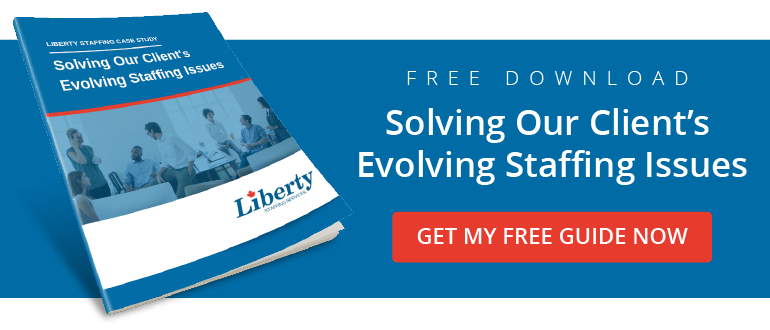 Recruiting has changed a lot over the years. In the old days, jobs were posted on University Alumni boards and in the Sunday papers. Advertising job listings in the “Help Wanted” section could run you a couple of thousand dollars. A listing could draw anywhere from a hundred to a thousand applications, coming in through fax or mail, and each of which had to be individually sorted and organized.
Recruiting has changed a lot over the years. In the old days, jobs were posted on University Alumni boards and in the Sunday papers. Advertising job listings in the “Help Wanted” section could run you a couple of thousand dollars. A listing could draw anywhere from a hundred to a thousand applications, coming in through fax or mail, and each of which had to be individually sorted and organized.
Recruitment services would spend a lot of time filtering out resumes of unqualified candidates. The more proactive approach of head hunting the qualified candidates required two essential tools: the Rolodex and the phone book. Actively seeking out the most qualified candidates meant doing extensive off-line networking and hours looking up numbers and placing calls. In short, if you wanted to survive in the recruitment industry, it was a lot of tedious work.
The biggest change by far has been in technology. Sunday papers have been replaced by job listing sites, phone books with social media contacts, and personally wading through resumes with applicant tracking systems. In recruitment, technology has become absolutely crucial to the way that we do business.
The change it has made in the industry has been hugely beneficial. The tedious work involved with recruitment in the past was inefficient. You could spend weeks going through hundreds of resumes, only to come out with a small pool of candidates that were actually qualified enough to be interviewed for the job.
In the current climate, recruitment is all about speed and efficiency. Companies regularly outsource staffing to professional recruiters to solve their staffing problems. These recruiters have extensive experience and training in finding the very best candidates for the job. Here’s a look at some of the technologies and practices that have revolutionized the staffing industry.
Industry Specific Niches
With the first waves of new technology, job sites like Monster began appearing. While these job listing sites were revolutionary at the time, aggregating postings from all over the web in one handy place, their broad approach to the job market has slowly given way to much more efficient industry-specific niches. These are both sites and staffing agencies that work exclusively within one or two industries. The benefit of industry-specific recruitment is that it offers a wider breadth of candidates with industry-specific skills.
Applicant Tracking Systems
Once resumes start coming in, the applicant tracking system (ATS) takes over, organizing them according to things like keywords and matching skills. If you’re getting hundreds of applications, using ATS software can help you ascertain which applications are worth looking at immediately and which don’t meet the necessary qualifications for the job.
An ATS system also lets you keep resumes on file, allowing you to store great applications for future positions for which they might be qualified.
Social Networking
The rise of social media platforms like LinkedIn and Twitter have had a huge impact on the way recruitment is carried out. Whereas networking required a great deal of face-to-face interaction in the past, social networking allows you to build strong relationships within your industry through online interaction.
It’s a great tool for qualified candidates who might not be actively seeking a job. For example, you can find people’s resumes on LinkedIn and send them messages if you believe they have the specific set of skills that you’re looking for. Social media is a powerful force within recruitment; if you’re not utilizing it to enhance your recruiting strategy, then you’re missing out. Social media as a tool for hiring is only expected to grow in the near future, as more and more employers, job hunters, and staffing agencies channel the power of social networking.

